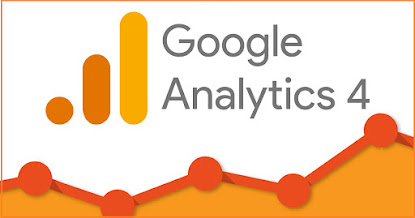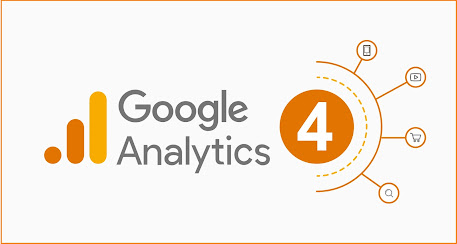Google Analytics 4: The Next-Generation Measurement Solution for Businesses and Marketers
Google Analytics 4 (GA4) is the latest version of the popular web analytics platform developed by Google. It is a next-generation measurement solution designed to provide more comprehensive insights into user behavior across websites and mobile apps. GA4 uses a new data model that is event-based and focuses on capturing user interactions and behavior on a website or app.
Some key features of GA4 include:
Event-based tracking: Instead of tracking pageviews and sessions, GA4 tracks events such as clicks, scrolls, and video views. This allows for a more detailed understanding of user behavior on a website or app.
Cross-device tracking: GA4 enables tracking of users across devices and platforms, providing a more complete picture of their journey.
Machine learning capabilities: GA4 uses machine learning to provide insights and predictions about user behavior, such as churn risk and lifetime value.
Privacy controls: GA4 offers more granular controls for data collection and sharing, to help businesses comply with privacy regulations.
GA4 represents a significant shift in how web analytics are done and offers businesses more powerful insights into user behavior across platforms and devices.
With GA4, businesses can track a range of user interactions, including clicks, video views, scroll depth, and other custom events. This event-based approach offers businesses a more complete understanding of how users engage with their digital assets. By tracking these interactions, businesses can gain valuable insights into how users move through their websites or apps and what motivates them to take action.
One of the most significant advantages of GA4 is its ability to track users across multiple devices and platforms. With the proliferation of mobile devices, users are accessing digital content from an increasing number of devices. GA4 offers cross-device tracking, which enables businesses to track a user’s journey across devices and platforms. This feature is especially beneficial for businesses that have a mobile app, as it provides insights into how users engage with their app and website.
GA4 also includes powerful machine learning capabilities, which can help businesses make data-driven decisions. These capabilities include predictive analytics, which can help businesses identify high-value users and predict their future behavior. For example, GA4 can help businesses identify users who are at risk of churning and develop strategies to retain them.
Privacy is an important consideration for businesses that collect and use data. GA4 includes more granular controls for data collection and sharing. This feature enables businesses to comply with privacy regulations such as the General Data Protection Regulation (GDPR) and the California Consumer Privacy Act (CCPA). By providing users with more control over their data, businesses can build trust and confidence with their customers.
GA4 also includes a range of other features that can help businesses optimize their digital assets. These features include:
Custom reporting: Businesses can create custom reports to track the metrics that matter most to them.
Integration with Google Ads: GA4 integrates with Google Ads, enabling businesses to track and optimize their advertising campaigns.
User-centric reporting: GA4 offers user-centric reporting, which focuses on the user’s journey rather than individual sessions.
Real-time data: GA4 provides real-time data, enabling businesses to make data-driven decisions quickly.
Google Analytics 4 is a powerful tool that offers businesses a range of benefits. Some of the most significant advantages of GA4 include:
Greater insights into user behavior: GA4’s event-based data model provides businesses with a more comprehensive understanding of how users engage with their digital assets. By tracking a range of user interactions, businesses can gain valuable insights into what motivates users to take action.
Cross-device tracking: With cross-device tracking, businesses can gain insights into how users engage with their digital assets across devices and platforms. This feature is particularly important for businesses that have a mobile app, as it provides insights into how users engage with their app and website.
Machine learning capabilities: GA4’s machine learning capabilities can help businesses make data-driven decisions. Predictive analytics, for example, can help businesses identify high-value users and predict their future behavior.
Privacy controls: GA4 includes more granular controls for data collection and sharing, enabling businesses to comply with privacy regulations such as GDPR and CCPA.
Custom reporting: GA4’s custom reporting features enable businesses to track the metrics that matter most to them. This feature enables businesses to monitor specific KPIs and track progress towards their goals.
Integration with Google Ads: GA4 integrates with Google Ads, enabling businesses to track and optimize their advertising campaigns. This integration provides businesses with valuable insights into how their ads are performing and how they can be improved.
User-centric reporting: GA4’s user-centric reporting focuses on the user’s journey rather than individual sessions. This feature enables businesses to gain insights into how users engage with their digital assets over time and identify areas for improvement.
In conclusion, Google Analytics 4 is a powerful tool that offers businesses a range of benefits. Its event-based data model, cross-device tracking, machine learning capabilities, and privacy controls provide businesses with a more comprehensive understanding of user behavior across devices and platforms. By leveraging these insights, businesses can optimize their digital assets, identify high-value users, and make data-driven decisions.






No comments